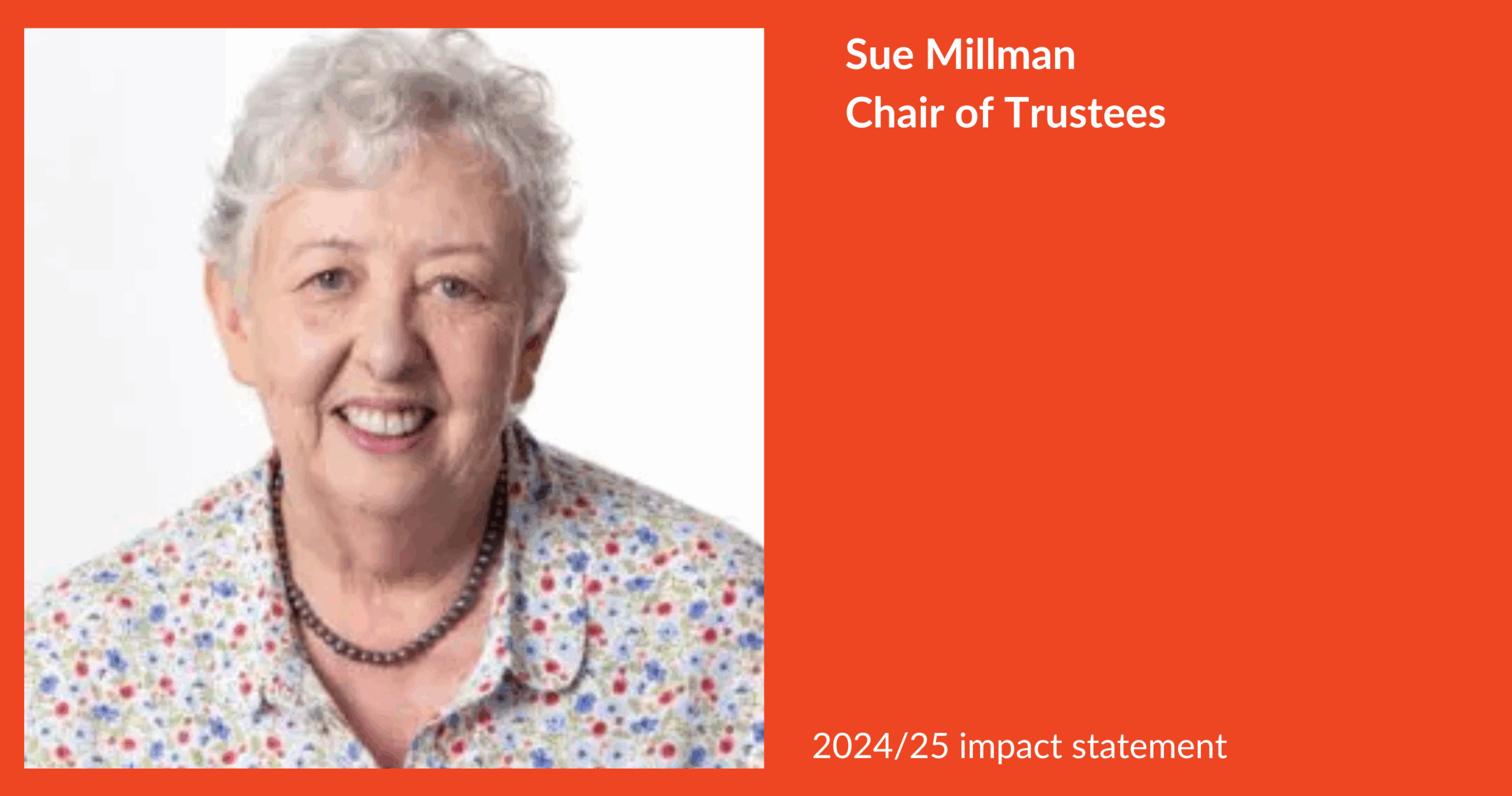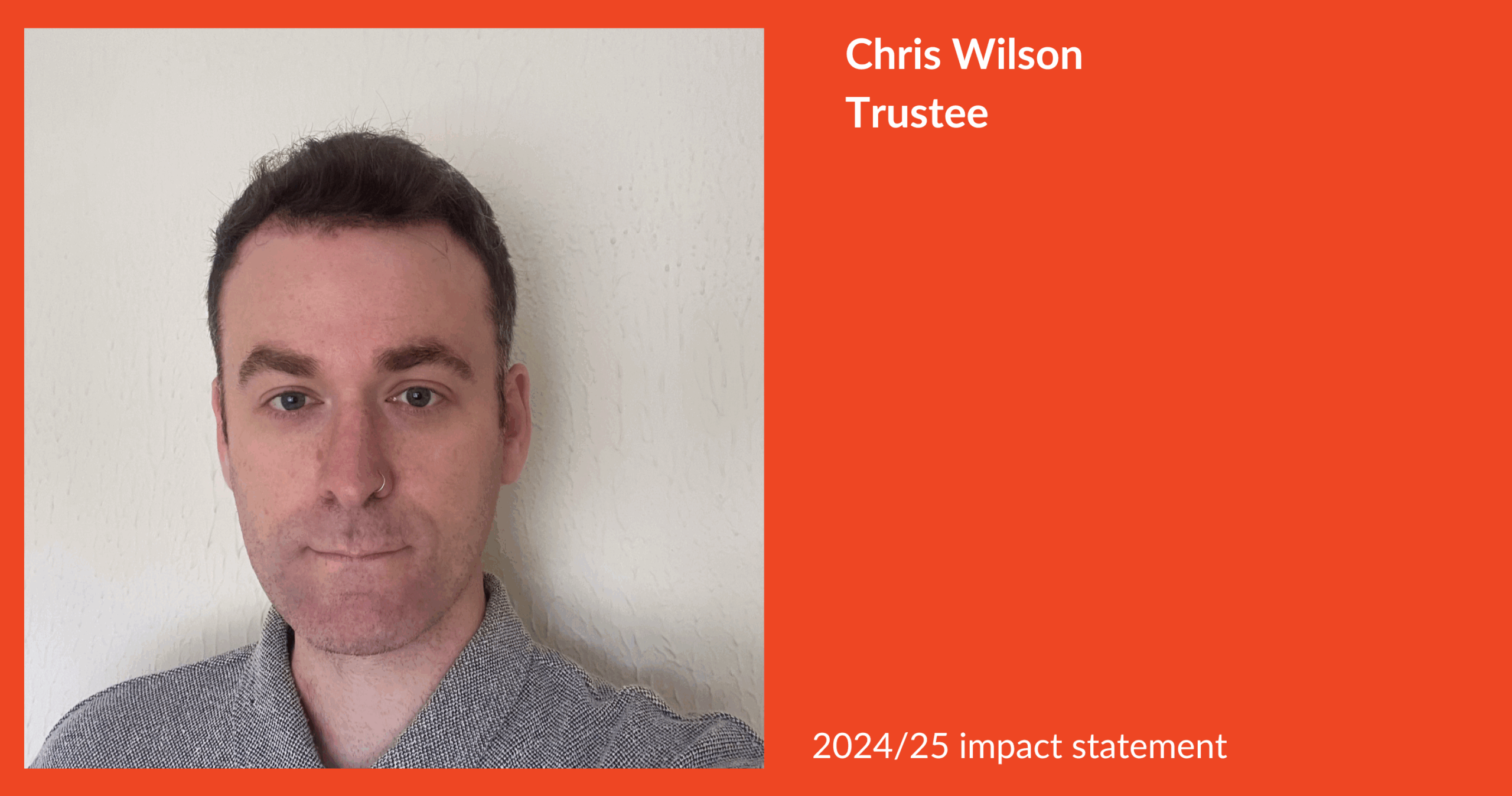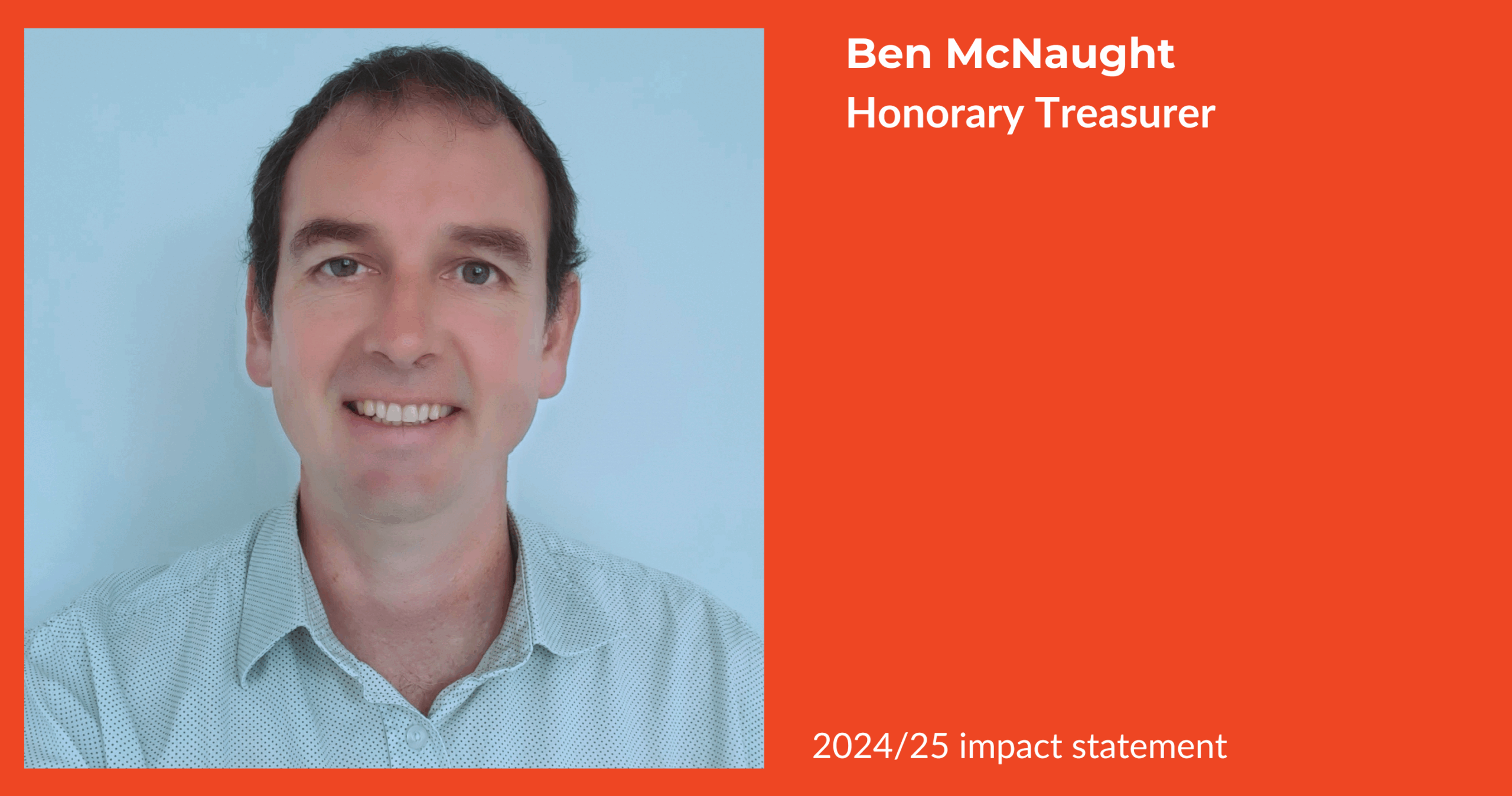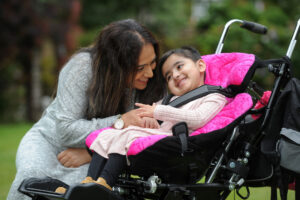
Category: Childlife Info
Posted on 04.09.2025
The ataxias are a set of life-limiting neurological conditions that disrupt the messages sent from our brains to our muscles. Not just the muscles we use to move, but those we use to speak, listen and see. Over time, people with ataxia are slowly imprisoned in their own bodies, losing the tools they once had to communicate with loved ones. Over 200 different genetic ataxias have been discovered in the past 30 years, each of which requires a different treatment. Currently, there are no treatments or cures for most of the ataxias available in the UK.

The most common and aggressive form of the condition affecting children and young people is Friedreich’s ataxia (FA), which predominantly shows its symptoms during childhood or adolescence. The earlier FA begins to show, the more likely it is that it will progress quickly. It hampers balance, mobility and movement, and causes speech, hearing and vision to deteriorate. It can also be accompanied by heart problems. As a result, children diagnosed with FA usually have a shorter life expectancy than their peers and will spend much of their life in a wheelchair. There is currently one treatment for FA, Omaveloxelone, but, at the moment it isn’t available in the UK through the NHS, and this represents our biggest current challenge in the coming year as it is too expensive for people to buy privately.
Ataxia UK is the leading national charity supporting people affected by ataxia, and funding research into finding treatments and cures.
A major part of our work is to support and advise parents of children who have FA, whilst funding research into treatments and a cure. The support we receive from Childlife is essential in achieving this: it enables us to run local support groups, conferences, various online forums and information sessions to reduce families’ isolation and help them understand the condition.
In November 2024 we hosted the International Congress for Ataxia Research in London in partnership with other international ataxia patient groups. It was the largest ataxia research conference ever held and was attended by over 600 delegates.
We now have three accredited paediatric clinics run by paediatricians who understand the ataxias in Sheffield, London and Oxford. They will all shortly be sites for trials of Omaveloxelone in children under-16.
In addition to these centres, the Ataxia UK Helpline continues to be the cornerstone of providing assistance and guide those affected by ataxia. In 2024-25 the Helpline received a total of 1596 contacts from 1138 people relating to 2164 issues including:
- Information about ataxia, health needs, therapies, referrals and diagnosis.
- Social care needs inc. housing, aids and adaptations.
- Welfare benefits, grants and finances.
In January 2025 Ataxia UK directly employed its first Specialist Ataxia Nurse to support people affected by ataxia in the Southwest of England. The Specialist Ataxia Nurse will co-ordinate the care of patients and ensure that everyone gets the medical services they need.
Sue is the Chief Executive at Childlife member charity, Ataxia UK



